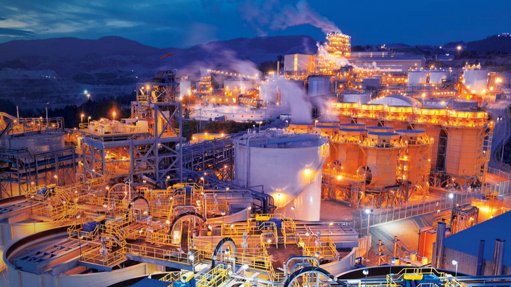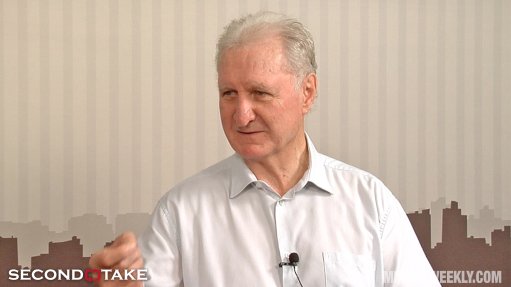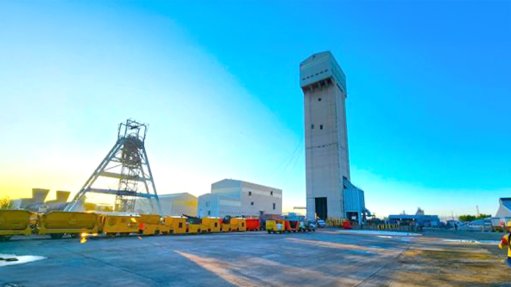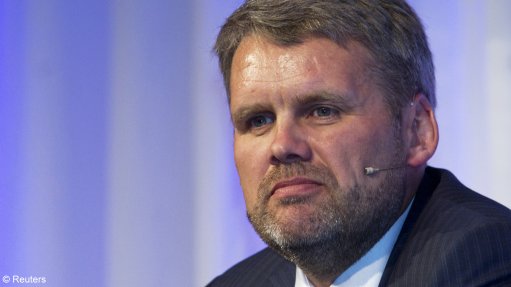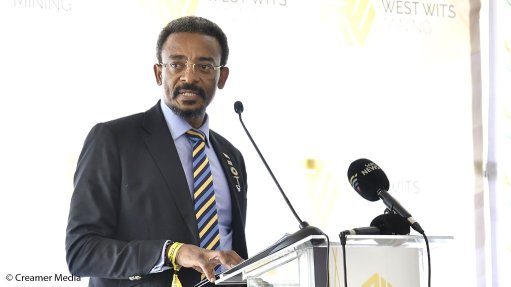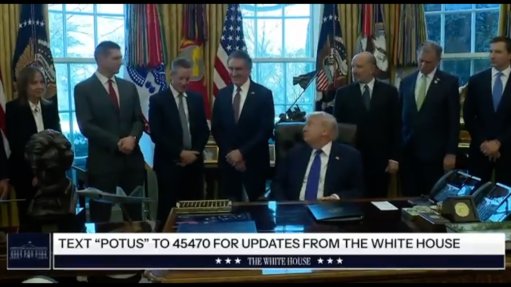RMF encourages extractives supply chain disclosure of transactions with States
Research done by independent research organisation the Responsible Mining Foundation (RMF) has found that very few of the trading companies making transactions in extractive value chains, including for metals, minerals and oil and gas, publicly disclose data on these payments to governments, national oil companies (NOCs) or other State-owned enterprises (SOEs).
The RMF study also reveals even weaker public disclosure related to resource-backed loans or swap agreements between trading companies and governments or SOEs.
The RMF states that normalisation of the public disclosure of commodity trading transactions is critically important to support the financial integrity and good governance of extractive resources.
Sales of metals, minerals, oil and gas are a major source of revenue for many national economies, accounting for more than 50% of export earnings in a range of commodity-dependent countries.
However, such trades are of strong public interest not only because of their contribution to government coffers, but also because of the risks involved, including bribery, corruption, fraud and related issues.
When the study was published in March this year, only three of the 25 companies – Trafigura, Glencore and Gunvor – disclosed any data on these payments; a fourth company – Totsa Total Oil Trading, released data a few weeks later.
REQUIREMENT
The RMF points out that the Extractive Industries Transparency Initiative (EITI) Standard requires EITI-implementing countries to make this transaction publication mandatory, specifying that the data should be disaggregated by seller, contract or sale.
Moreover, public information was only found for these same four companies, whether in EITI or non-EITI countries.
However, such arrangements have come under scrutiny due to the risks they can entail for the countries concerned, including over-indebtedness, commercial conflict of interest and economic and political destabilisation.
The study found that only two of the 25 companies – Trafigura and Glencore – publicly disclose information on these transactions, and that these rare disclosures relate only to arrangements with EITI countries.
Further, no company was found to disclose any information on swap or resource-backed loan agreements with non-EITI countries.
The RMF states that the contribution of all stakeholders to the EITI in codifying good practice through the EITI Standard is invaluable in the context of the integrity of the international financial system and the economies and wellbeing of peoples of producing countries.
However, the unequal application of requirements and expectations between implementing countries and supporting companies limits its overall impact, the organisation states.
The RMF advises that the EITI Standard sets clear requirements on EITI implementing-countries and SOEs to disclose the payments and financing they receive from trading companies, and that the EITI Standard simply encourages all companies buying oil, gas and/or minerals from EITI implementing countries to disclose details of these trades and agreements.
Companies can also become official supporters of the EITI, on an individual basis, the RMF notes.
For companies that have signed up as EITI-supporting companies, the EITI Standard includes only nonbinding expectations, including an expectation that they disclose the payments they make to governments both in EITI countries and globally.
However, the RMF’s study reveals that this nonbinding expectation has had limited impact, to date.
While the four companies disclosing payments data are all EITI-supporting companies, the RMF says the other six EITI-supporting companies included in the study have made no such disclosures.
NORMALISING TRANSPARENCY
The political context of efforts to increase transparency in the extractive industries is critically important, states the RMF.
Other research by the organisation has repeatedly shown that, where countries enact binding requirements through legislation or regulation, companies respond better to the issues at hand.
In the same way, the RMF says the normalisation of good governance of extractive commodities can be enhanced by the enactment of national regulations and legislation by producing and home countries, whether or not they are subject to EITI implementation requirements.
Also, the organisation says companies that enter into financial transactions with producing country governments or SOEs can show leadership by strengthening their public disclosure related to payments, or resource-backed loan or swap agreements, as well as other issues covered by the EITI Standard, regardless of the jurisdiction where they take place.
However, in the absence of mandatory disclosure requirements, the RMF states that contractual constraints to full transparency of transaction data may exist in some countries, and that companies should, at the very least, make formal commitments to engage with the governments of these countries to encourage stronger disclosure of this public interest information.
Article Enquiry
Email Article
Save Article
Feedback
To advertise email advertising@creamermedia.co.za or click here
Press Office
Announcements
What's On
Subscribe to improve your user experience...
Option 1 (equivalent of R125 a month):
Receive a weekly copy of Creamer Media's Engineering News & Mining Weekly magazine
(print copy for those in South Africa and e-magazine for those outside of South Africa)
Receive daily email newsletters
Access to full search results
Access archive of magazine back copies
Access to Projects in Progress
Access to ONE Research Report of your choice in PDF format
Option 2 (equivalent of R375 a month):
All benefits from Option 1
PLUS
Access to Creamer Media's Research Channel Africa for ALL Research Reports, in PDF format, on various industrial and mining sectors
including Electricity; Water; Energy Transition; Hydrogen; Roads, Rail and Ports; Coal; Gold; Platinum; Battery Metals; etc.
Already a subscriber?
Forgotten your password?
Receive weekly copy of Creamer Media's Engineering News & Mining Weekly magazine (print copy for those in South Africa and e-magazine for those outside of South Africa)
➕
Recieve daily email newsletters
➕
Access to full search results
➕
Access archive of magazine back copies
➕
Access to Projects in Progress
➕
Access to ONE Research Report of your choice in PDF format
RESEARCH CHANNEL AFRICA
R4500 (equivalent of R375 a month)
SUBSCRIBEAll benefits from Option 1
➕
Access to Creamer Media's Research Channel Africa for ALL Research Reports on various industrial and mining sectors, in PDF format, including on:
Electricity
➕
Water
➕
Energy Transition
➕
Hydrogen
➕
Roads, Rail and Ports
➕
Coal
➕
Gold
➕
Platinum
➕
Battery Metals
➕
etc.
Receive all benefits from Option 1 or Option 2 delivered to numerous people at your company
➕
Multiple User names and Passwords for simultaneous log-ins
➕
Intranet integration access to all in your organisation








